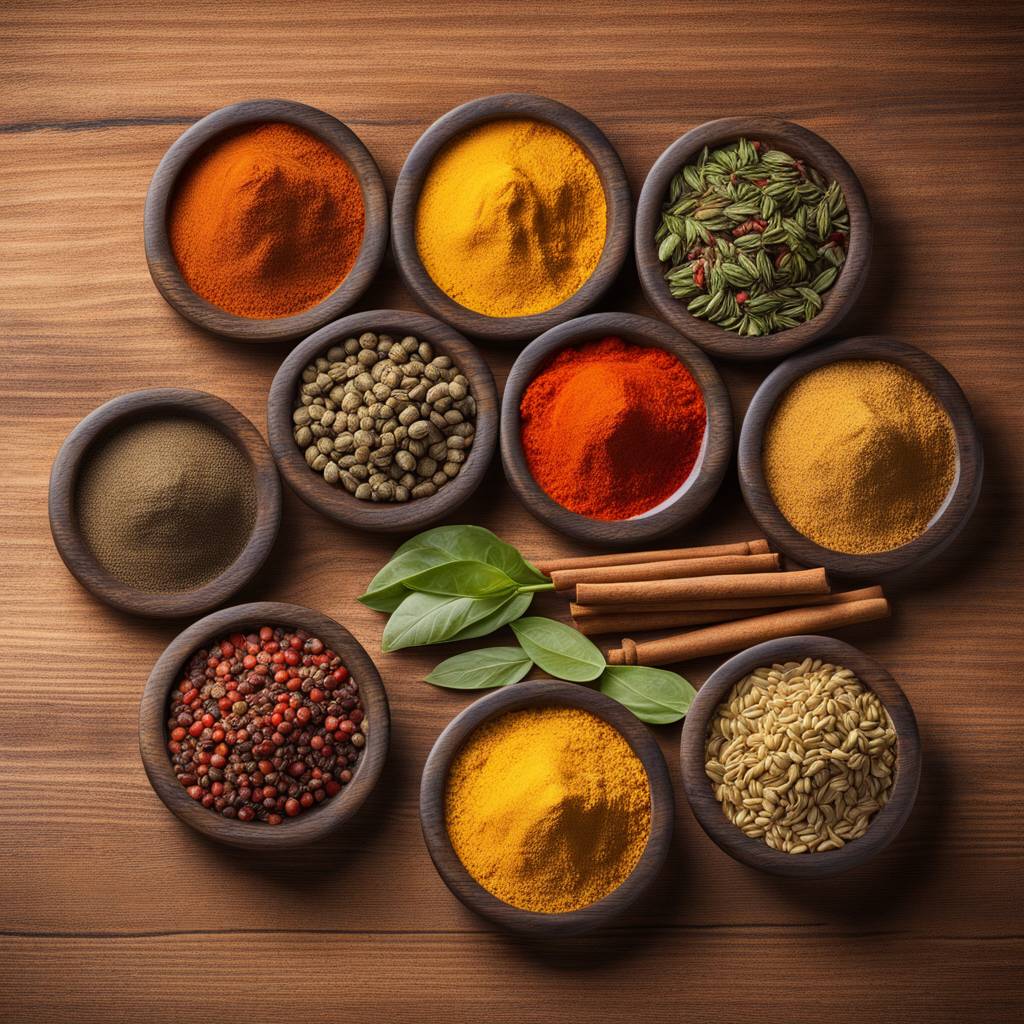Spices are important ingredients in cooking, adding flavor and depth to dishes. Not only do they enhance the taste of food, but many spices also offer health benefits. Spices are high in antioxidants, which help fight free radicals in the body. For heart health specifically, antioxidants can reduce the impact of elevated cholesterol levels. Inflammation in the body can also be reduced by consuming spices, leading to positive effects on cardiovascular health. Additionally, spices can help reduce the need for salt in cooking, which can benefit heart health by lowering blood pressure and reducing the risk of heart failure and weight gain.
Cinnamon is a popular spice that can help control blood sugar levels, lower cholesterol, and improve the cholesterol profile. It is often used in baking and can be added to oatmeal for a sweet flavor without sugar. Cumin is another heart-healthy spice that contains flavonoids, which are potent antioxidants that can lower inflammation in the body. Cumin may also assist with weight loss and help with the digestion of fats. Garlic, which is botanically a vegetable but often considered a spice, can improve blood vessel flexibility, lower cholesterol and triglyceride levels, and reduce blood pressure. Fresh garlic is preferred, but powdered garlic can still provide many benefits.
Ginger is a rhizome with anti-inflammatory properties that can lower oxidative stress, promote heart health, and soothe gastrointestinal issues. Fresh ginger is recommended over processed forms like ginger ale due to high sugar content. Paprika, made from dried red peppers, is a rich source of vitamin A and antioxidants. It can help lower HDL cholesterol and is available in sweet, smoked, and hot varieties. Consuming spices in normal doses through cooking is generally safe, but it’s important to be cautious if taking certain medications like blood thinners. Consulting with a registered dietitian who specializes in specific conditions can help ensure optimal safety when incorporating spices into the diet.
Overall, spices not only add flavor to dishes but also offer numerous health benefits, particularly for heart health. Cinnamon, cumin, garlic, ginger, and paprika are some of the spices recommended by experts for their heart-healthy properties. Incorporating these spices into cooking can help lower inflammation, reduce oxidative stress, improve cholesterol levels, and support overall cardiovascular health. While spices are generally safe when consumed in moderation, individuals with specific medical conditions or taking certain medications should exercise caution and seek guidance from a healthcare professional before making significant changes to their diet.


